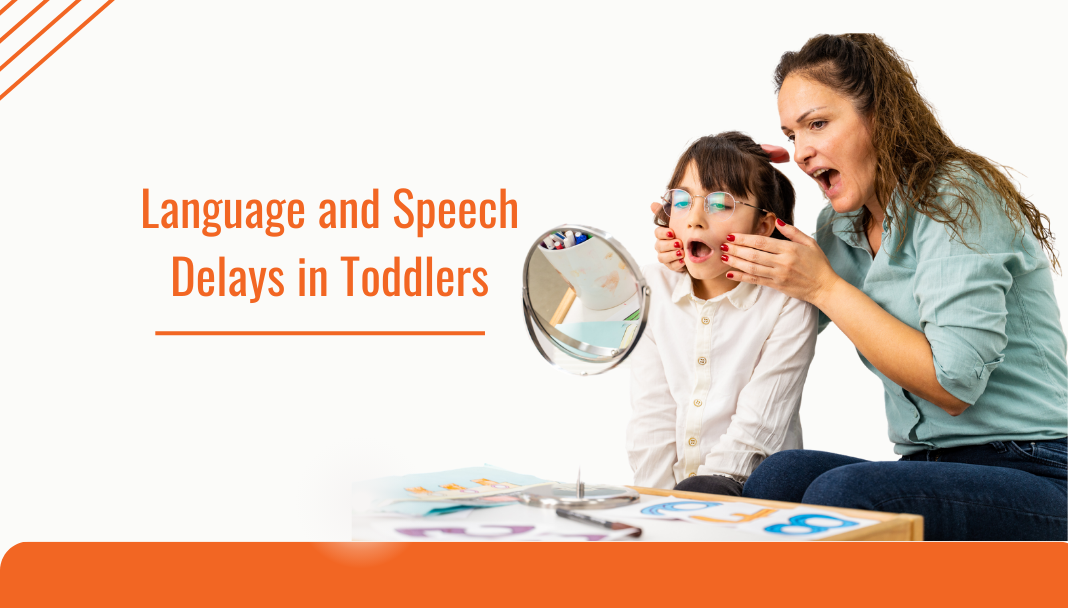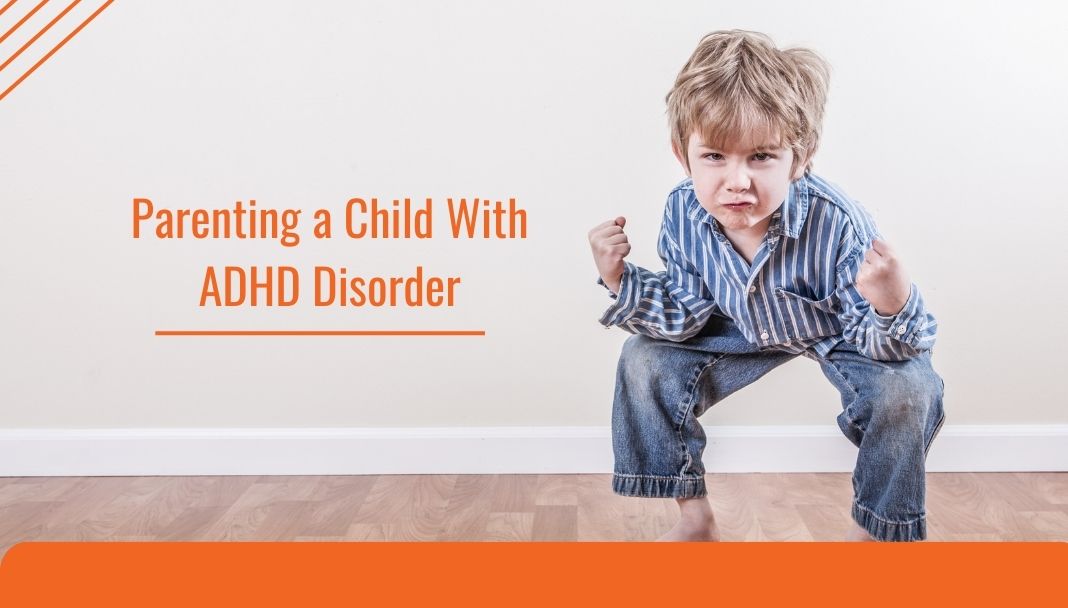Stuttering is a relatively rare form of speech difficulty, affecting more school-aged boys than girls. If we listen to anyone’s speech, we notice that no one has “perfect speech”, free from disfluencies. The difference to look for is the amount of effort and tension associated with the movement of stutter/disfluencies. Fluent speech is the smooth, relatively easy, and flowing way in which a child speaks. Speech that is not fluent and is effortful is considered a stutter. Eventually, secondary or motor behaviours appear with children who do not receive the intervention. These include muscular tension, breathing abnormalities, negative emotions, and avoidant behaviours.
Different types of disfluencies include:
– Single-word repetitions: Repeating a single word in a sentence (“I-I-I-I want to go”)
– Phrase repetitions: Repeating a single phrase within a sentence (“I want – I want – I want to go”)
– Syllable repetitions: Repeating a syllable within a word within a sentence (I want to hold the ba-ba-ba-baby”)
– Blocking: Trying to get a sound or word out, but getting “stuck”, making no sound
– Prolongations: Holding the first sound of a word or syllable with difficulty moving to the next sound (“I have no ho———–mework”)
How can you help your child?
The best way to help your child is to contact a Speech-Language Therapist who will first complete a full diagnostic assessment in order to establish which disfluencies your child has, the severity and if there are any presenting secondary behaviours. It is very important that you work closely with the speech-language therapist and continue the strategies being used in therapy sessions at home and school.
General activities which can assist with stuttering:
- Don’t finish the child’s sentences; this will only increase their anxiety and make the stutter worse.
- Wait patiently for the child to complete the sentences they want to say.
- Remind the child to keep calm when over-excited or emotional.
- Be a good speech role model for the child by keeping your own speech calm and unhurried.
- Watch your body language as the child is intuitive to negative changes in facial expressions and body position
- Education is key. Make sure that teachers, friends, and peers know what a stutter is. This will decrease teasing and irradiation towards the child who stutters.
- Always make time for the child to come and talk to you about anything that is bothering them at school or with friends.
- Monitor the child’s school achievements. Keep an up-to-date report with teachers regarding performance and classroom involvement.
For further consultation, book an appointment with Neuropedia on 04 343 1113.











 04 343 1113
04 343 1113 info@neuropedia.ae
info@neuropedia.ae







.png)






